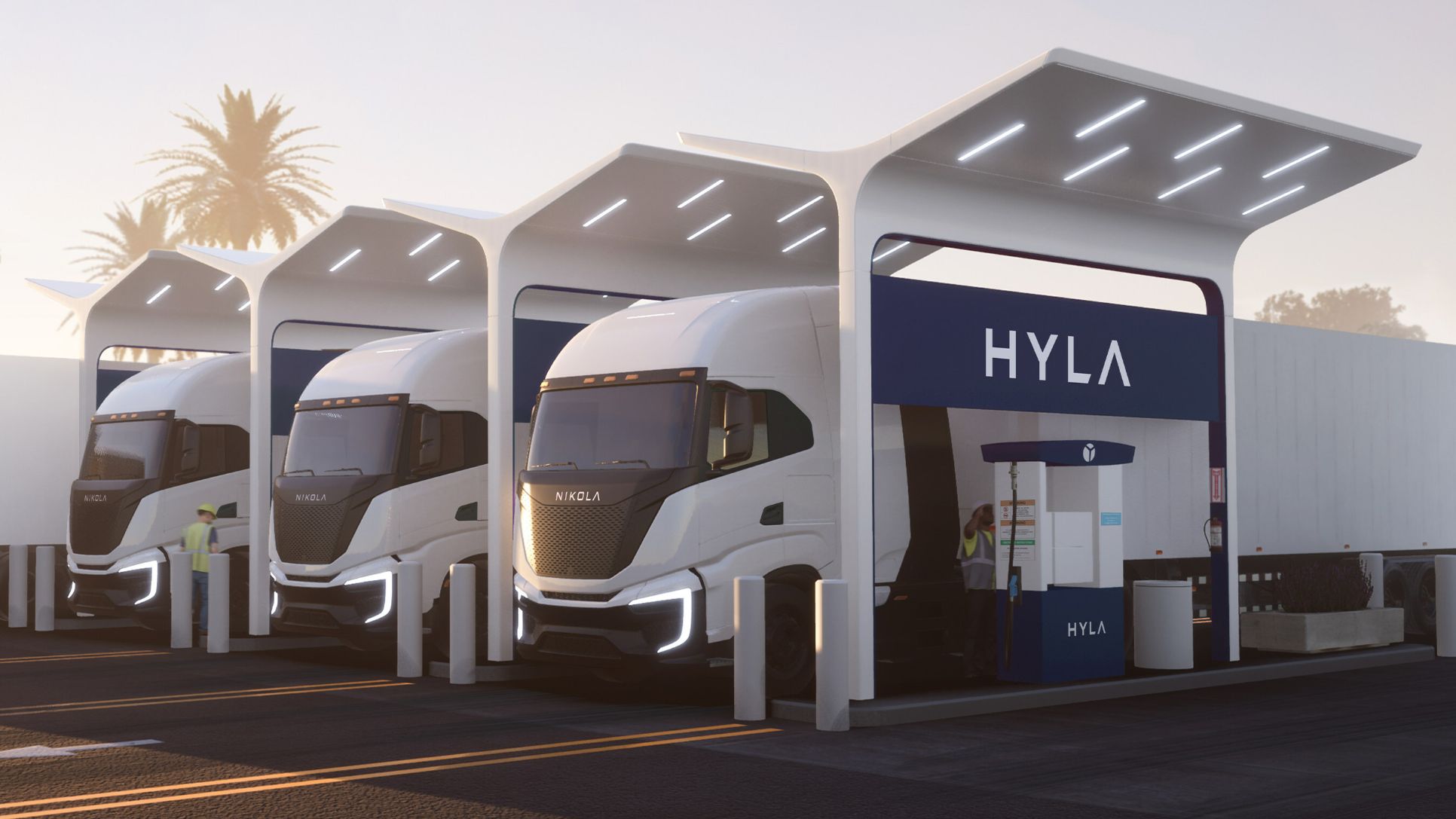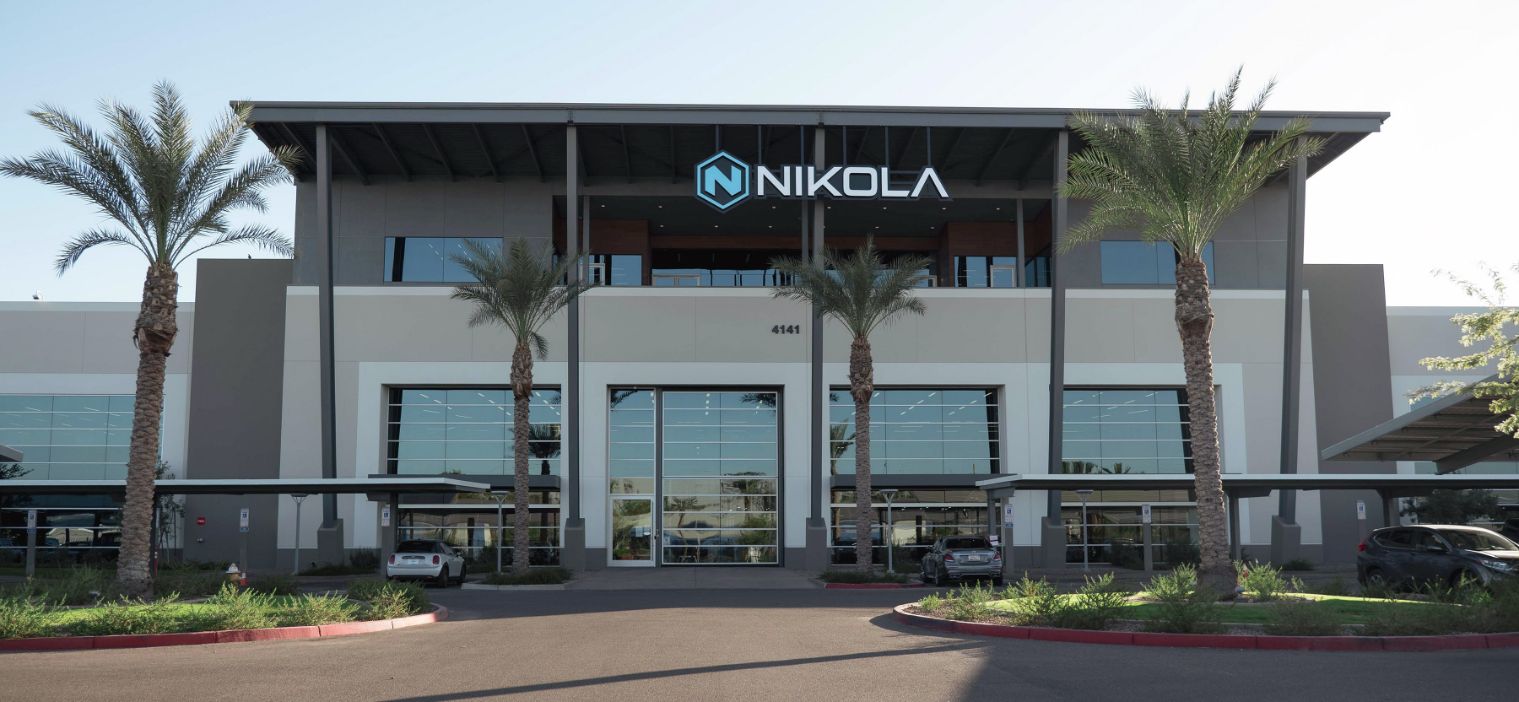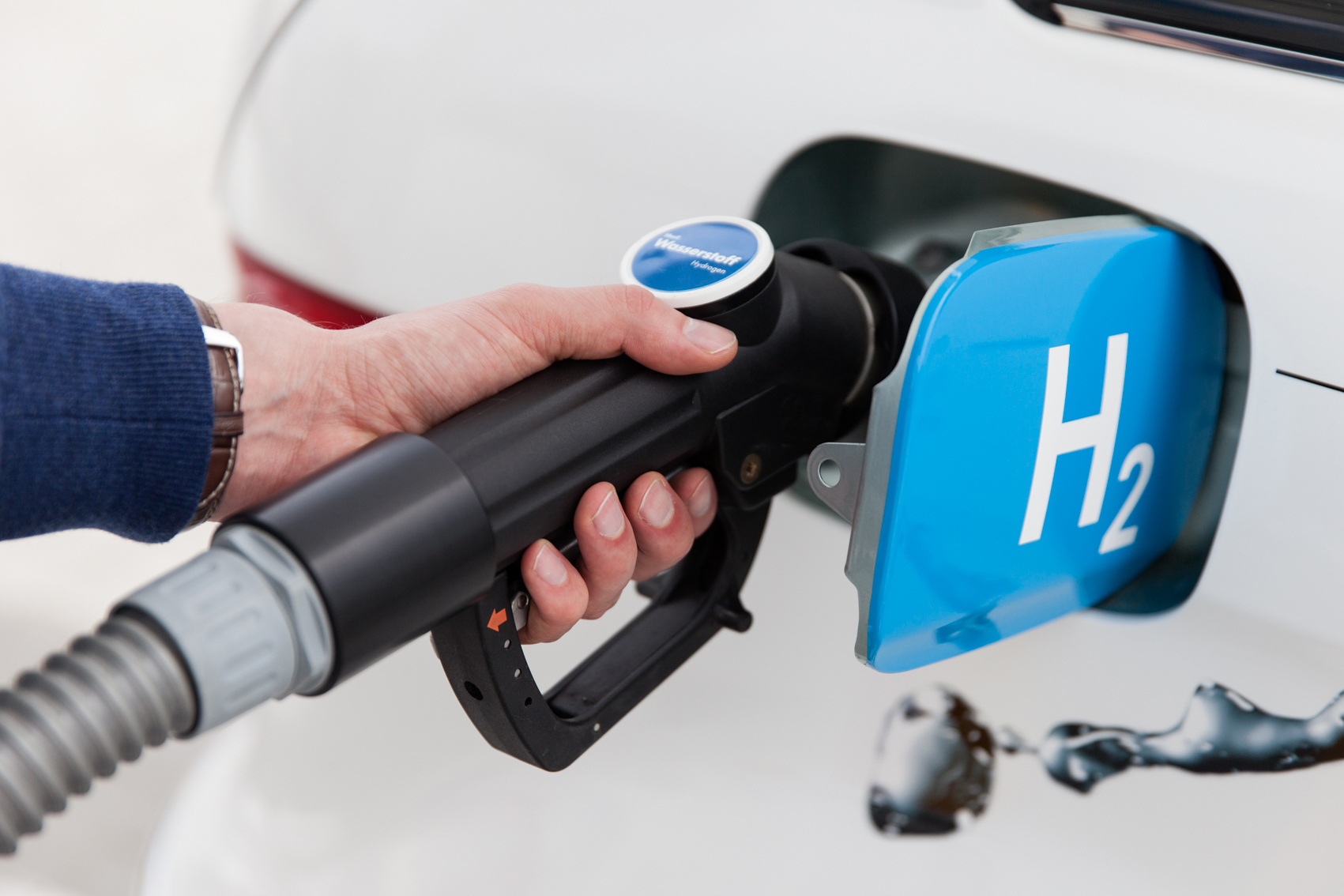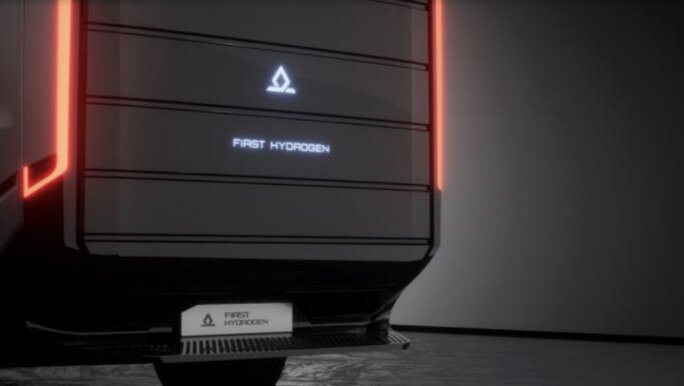Nikola Corporation, a manufacturer of electric trucks, announced on Wednesday the formation of a new division to oversee the production and distribution of hydrogen fuel. This move will allow the company to focus on its core business of vehicle production. Carey Mendes, President of Nikola’s Energy Business, stated that the new unit, named HYLA, represents the company’s hydrogen-focused energy business and will support their own fuel-cell electric vehicles as well as those of other original equipment manufacturers.
“Nikola is the only company that is successfully integrating a revolutionary new product, the hydrogen fuel cell truck, and the full hydrogen energy infrastructure supply chain under one roof,” said Nikola CEO and President Michael Lohscheller. “The unveiling of our Nikola Tre fuel cell truck and flexible mobile fueling trailer demonstrates a real and sustainable competitive advantage for our customers and are significant proof points that we are accomplishing what we set out to achieve.”
“The HYLA brand represents Nikola’s hydrogen-focused energy business by supporting our fuel cell electric vehicles and those of other OEMs,” said Carey Mendes, President, Nikola Energy. “Hydrogen energy is the catalyst for the HYLA brand and serves as a forward-looking solution for our customers to help them achieve their sustainability goals and dramatically reduce the overall carbon emissions in the transportation sector.”
As more consumers and fleet owners adopt alternate-fuel vehicles, vehicle manufacturers have been working to expand charging and refueling infrastructure. Nikola’s hydrogen-powered TRE FCEV trucks are expected to be available later this year, and the company has stated that it is building capacity to supply up to 300 metric tons of hydrogen per day. Additionally, it plans to have 60 hydrogen stations in place by 2026.
Nikola’s main hydrogen production facility in Buckeye, Arizona, is expected to complete its initial phase of production in the second half of 2024, with a capacity to produce 150 metric tons per day of the fuel.
The decision to separate the hydrogen business comes as the company faces challenges in delivering vehicles to customers. In November, Nikola announced that it would not meet its target of delivering at least 300 vehicles in 2022 and declined to provide new forecasts, citing the uncertainty of the macroeconomic outlook.






